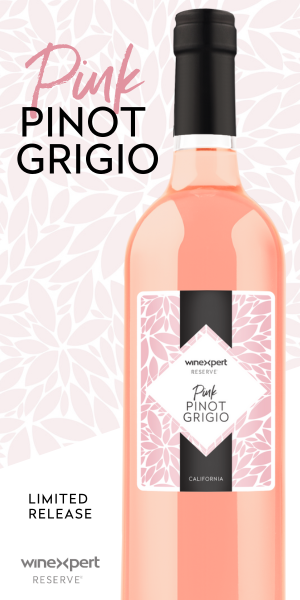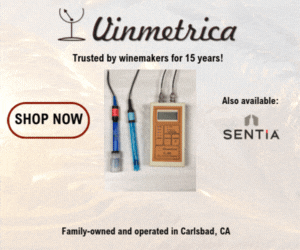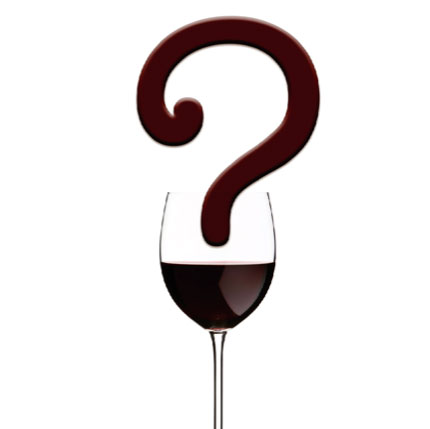Sugar Options For Fruit Wine
Q: In the April-May 2012 issue there was a question in “Perry Problems” regarding sugar adjustments. Your answer mentions cane sugar, beet sugar and malt sugar. I have always used cane sugar or fructose to make adjustments. I was told the molecular structure of vegetable sugars don’t blend or marry well with fruit alcohol. Is this true, or are all sugars the same?
— Daniel N. Bazzoli • Calistoga, California
A: Cane sugar, or sucrose, derived from the sugar cane plant, has a chemical structure of C12H22O11, is a di-saccharide comprised of the mono-saccharides glucose and fructose and is found in many plant sources, most well-known being the aforementioned sugar cane plant, the sugar beet root and sap from the maple tree. I think you mean “sucrose” when you say “fructose” in your letter. Your general grocery-store bag of white table sugar is probably made from either sugar cane or sugar beets and according to industry sources is about 99.50% pure sucrose. The 0.5% difference is the difference in minerals etc. between the beet and the sugar cane source, but I’ve never experienced any difficulties in winemaking because of this. Malt sugar, or maltose, actually has the same chemical formula as sucrose (C12H22O11) but it is made up of two glucose molecules hooked together (instead of a glucose + a fructose molecule) and is less sweet than sucrose. It can be purchased in granular or syrup form, the latter being easier to dissolve into liquids.
I used to work at Bonny Doon Vineyards in Santa Cruz, California and though I can’t give away any company secrets here, I will tell you I had copious experience over the years mixing vegetable sugars (from sugar cane) with fruit alcohols as my crew and I concocted some of Randall’s well-regarded and commercially-successful fruit-based dessert wines and never found the sugar and fruit alcohol to have problems.
You may be referring to the issue of solubility of sugars, or their ability to dissolve into liquids, when you mention incompatibility above. The higher the alcohol and the lower the water content of any given liquid, the harder it is for sugar to mix into it completely. That’s why it is often best to use superfine sugar (also called “baker’s sugar”) or a sugar-simple syrup (dissolve granulated sugar of any kind into a small amount of hot water) when making wines, especially those that are higher alcohol.
Whether sucrose comes from corn, beets or sugar cane, it is all pretty much the same. However, not “all” sugars are the same. For me, the biggest differences between sugars come with either their relative sweetness (i.e. have to use more agave nectar or maltose to achieve a higher level of sweetness) or especially their “add on” flavor and aroma characteristics. Brown sugar, for example, will always lend a “caramelized” and possibly a burnt note to wines because of the residual molasses content though it will ferment just about like sucrose will. Honey, maple syrup, malt syrup, birch syrup . . . the list goes on and on and my rule is to add carefully, because these natural products will often differ in their sugar content (measure potential alcohol as you go) and to be darn sure you love the taste of what you’re adding because it will most likely stick around (or stick out like a sore thumb) in your final product.
For most winemaking projects where I have to ferment added sugar, I actually will prefer to use grape juice concentrate (red or white, depending on my desired end results) which can be purchased from winemaking supply stores as well as commercially. Be sure to ask the manufacturer what the sugar concentration is so you can better gauge how much you should add and how much to buy. Grape concentrate carries several advantages over white table sugar in early-stage winemaking. I find that the flavor marries well in the fermenter and additionally the fruit concentrate provides a wealth of nutrients, vitamins, and minerals to support a healthy fermentation, which sucrose alone simply doesn’t have. If you buy red concentrate you are further supporting the color of your red wine and even white concentrate can help to provide better body, structure and acid in the wine, which sucrose simply will not do. Further, for those who make wine to sell it in the real world like I do, there are different rules governing what you can and can’t do. For instance, here in California winemakers are only allowed to add grape-juice concentrate to “table wine,” though if you have special-formula dessert wines you can sometimes add other types of sugar. I always recommend to readers, if they can find it and afford it, to use grape juice concentrate to sweeten must or juice when you will be fermenting that sugar.
For adjusting the final sweetness of homemade wines (whether it be grape or fruit based, dry, sweet or dessert-style) I would be tempted to use the superfine “bakers sugar” because it is guaranteed to not give any funky herbal or burnt aromas, dissolves well and is relatively inexpensive. Do not, however, confuse it with powdered sugar (sometimes called “confectioner’s sugar”) because powdered sugar contains cornstarch and can really gum up your winery’s works. As always, if you are selling wine in the United States, check with an Alcohol and Tobacco Tax and Trade (TTB) compliance specialist (or their difficult-to-navigate website, ttb.gov) to be sure what you can and cannot add. If you only make your wine for you and your family and friends to enjoy, however, don’t worry about it! Go with what sugar sources taste best and work best for you.


